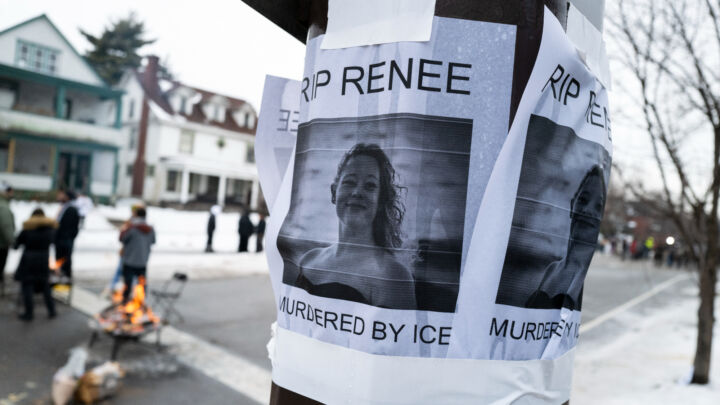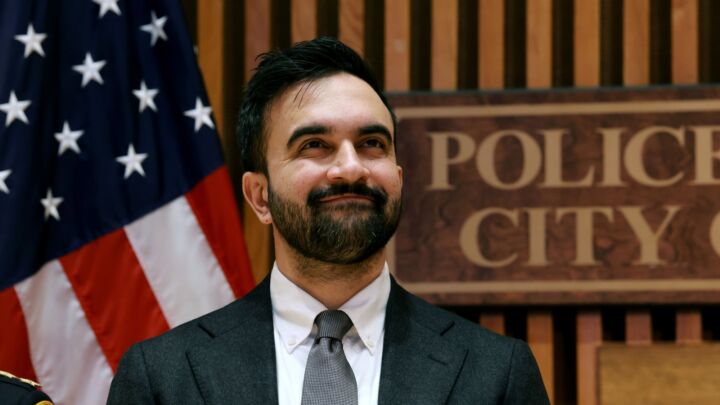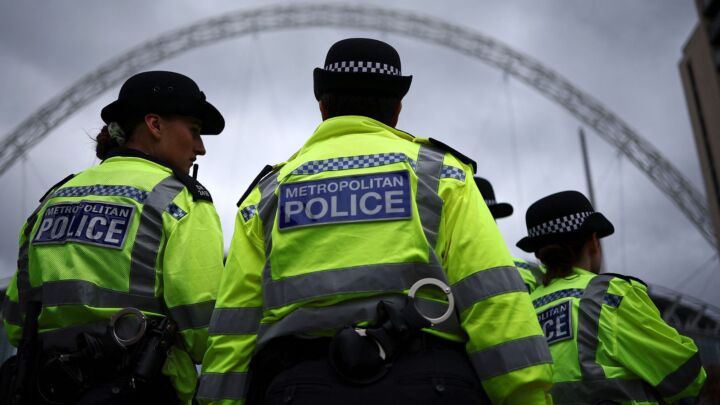Black emojis are not ‘digital blackface’

Want unlimited, ad-free access? Become a spiked supporter.
Today’s anti-racist campaigners have a bad habit of trivialising racism. Witness the latest ‘racism’ controversy involving supermodel Kendall Jenner. To celebrate 10 years of Keeping up with the Kardashians, Hollywood Reporter’s cover featured a large photo of all of the Kardashian/Jenner women. Jenner innocently tweeted the photo alongside the words ‘sister power… girl power’. Her ‘crime’ was to end the tweet with a tanned fist-pump emoji – yes, you read that right – a tanned-fist emoji.
Jenner, who has more Twitter followers than the entire population of Taiwan, was ridiculed and accused of cultural appropriation – the latest PC way of saying ‘you’re being racist’. One Twitter user told Jenner, ‘Y’all are not black. Next time use a white emoji’. Another responded, ‘why do white girls think they can use the brown emoji??’.
The bizarre phenomenon of ’emoji racism’ was addressed by a BBC video featuring writer Victoria Princewill. The video, which includes a trigger warning that it contains footage of blackface minstrel shows, features Princewill lecturing people on their emoji habits. She argues that using black emojis, or even sharing a GIF that featured BAME (black and minorities ethnic) people, was the modern equivalent of the racist practice of blackface – where non-white people use make-up in order to depict BAME people in negative ways. This is ‘digital blackface’, Princewill declares. According to her, white people who persisted in using these types of GIFs were performing ‘some kind of exaggerated blackness’. She suggests that white people using dark-skinned emojis were guilty of ‘cultural appropriation’, and says ‘black people are not here for other people’s entertainment’.
It is complete nonsense to suggest that white people posting a GIF of Michael Jackson eating popcorn, or Oprah Winfrey crying, is the same as putting black shoe polish on your face and singing ‘Mammy’.
Anti-racism campaigning has become a playground for self-appointed PC gatekeepers, who have little understanding and few links with issues faced by ordinary people. The increasing number of pathetic outrages over emojis and GIFs demonstrates the wide gap between those who use racism for public promotion and the actual lives of most BAME people – who have to deal with more important issues like jobs, education, healthcare and housing.
Identity politics and the trivialisation of racism are worrying developments, as they create more problems than they solve. Telling people to use the correct emoji or GIF doesn’t challenge racism; it reinforces racist ideas by policing people’s behaviour along racial lines. We should oppose this so-called ‘anti-racism’.
Courtney Hamilton and Dr Christine Louis-Dit-Sully are writers.
You’ve read 3 free articles this month.
Support spiked and get unlimited access.
Support spiked – £1 a month for 3 months
spiked is funded by readers like you. Only 0.1% of regular readers currently support us. If just 1% did, we could grow our team and step up the fight for free speech and democracy.
Become a spiked supporter and enjoy unlimited, ad-free access, bonus content and exclusive events – while helping to keep independent journalism alive.
———————————————————————————————————————————–
Exclusive January offer: join today for £1 a month for 3 months. Then £5 a month, cancel anytime.
———————————————————————————————————————————–
Monthly support makes the biggest difference. Thank you.







Comments
Want to join the conversation?
Only spiked supporters and patrons, who donate regularly to us, can comment on our articles.